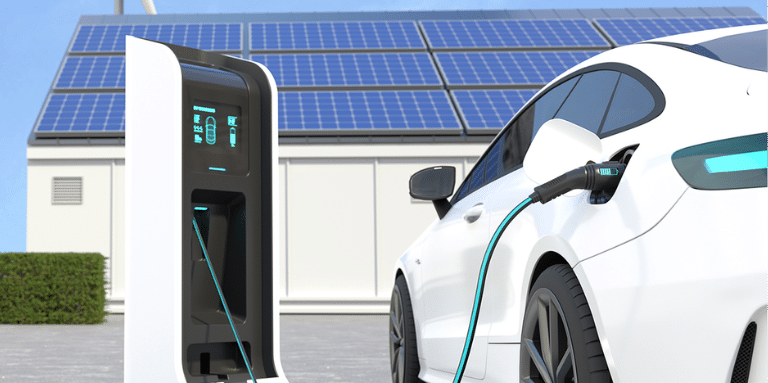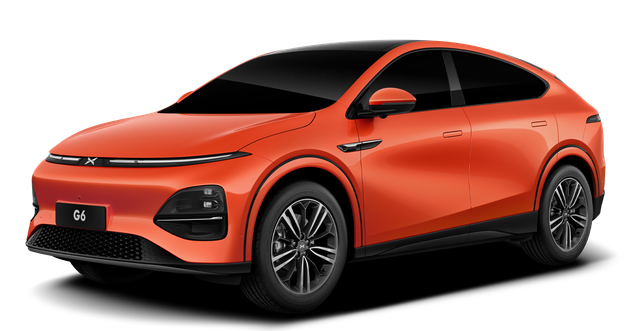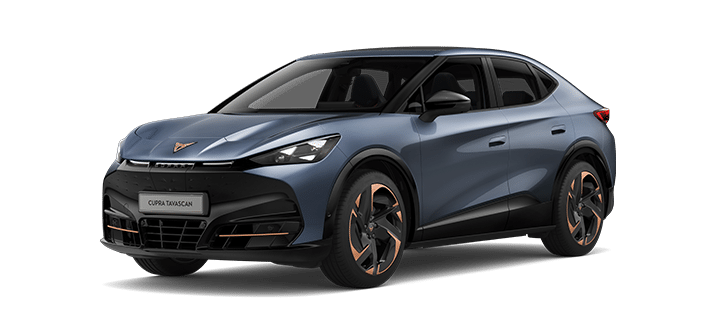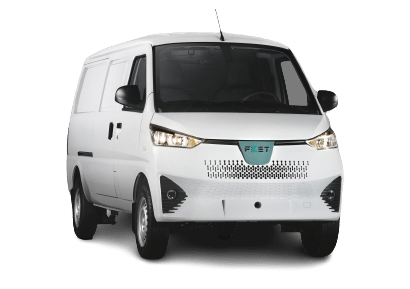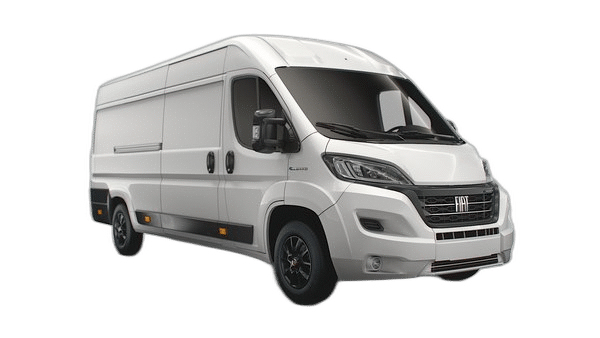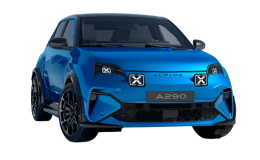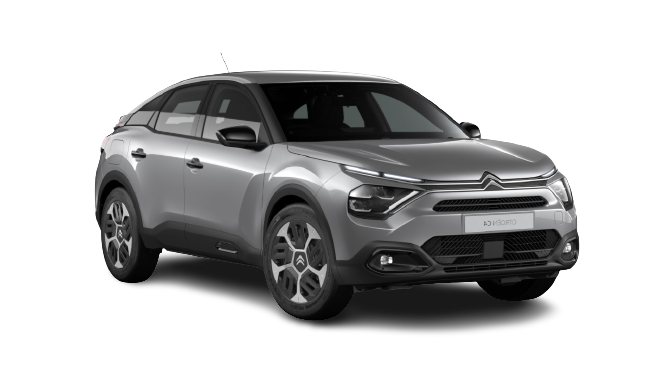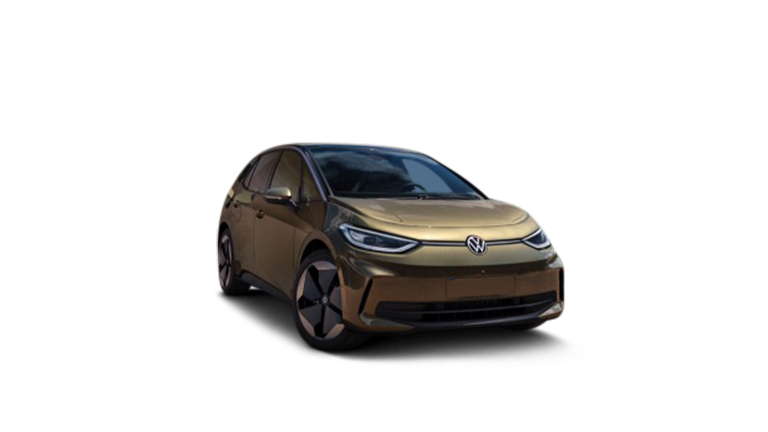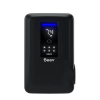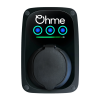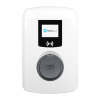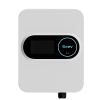How about installing photovoltaic solar panels?
With Beev, get a turnkey solar panel solution to reduce your electricity consumption.
The profitability and payback period of solar panels: what are the influencing factors?
Initial cost of installation
The initial cost ofinstallation of photovoltaic solar panels is a determining factor in the profitability and payback period of this type of energy. This cost varies according to a number of factors, including the power of the installation, which can range from €5,500 to €30,000 for systems from 3 to 12 kWp, and the type of panels, which cost between €200 and €300 per square meter. The installation technique, whether roof-integrated or superimposed, also influences the price, as do the complexity of the job and the rates charged by RGE-certified craftsmen. Ancillary equipment, such as inverters and cabling, must also be factored into the overall cost, which averages between €2,500 and €3,000 incl. VAT per kWp installed.
Although the initial investment may seem high, it's crucial to choose quality equipment to guarantee better production and increased durability, which in turn promotes long-term profitability. What's more, various forms of financial assistance, such as the self-consumption bonus and reduced-rate VAT, can help reduce this cost.
In short, even if the initial cost is substantial, it represents a long-term investment, with future savings on electricity bills and potential income from the resale of surplus production.
Panel power and efficiency
Solar panels are distinguished by two key features: power and efficiency.
Power, measured in watts-peak (Wp), indicates the maximum output of a panel under ideal conditions, generally ranging from 250 to 400 Wp for domestic installations.
Efficiency expresses the effectiveness with which solar energy is converted into electricity, ranging from 6% to 24% depending on the technology used, with monocrystalline panels being the most efficient.
These two factors are closely linked and have a direct impact on the profitability of the installation: higher efficiency means more electricity can be generated from a given surface area, potentially reducing the number of panels required and, by extension, installation costs. Modern panels generally maintain 80% of their initial efficiency after a quarter-century of use.
So, when choosing panels, it's wise to consider not only initial cost, but also long-term efficiency, as more efficient panels, despite a higher initial investment, can prove more profitable over time thanks to increased energy production.
Household electricity consumption
The household's electricity consumption is a key factor in determining the number and size of solar panels required. It varies according to a number of factors, such as the number of inhabitants, their consumption habits, the size of the dwelling, the type of heating used, and the energy efficiency of the house.
To estimate consumption, we recommend consulting annual electricity bills, which provide a precise measurement in kilowatt-hours (kWh). If these data are not available, it is possible to calculate consumption by listing all electrical appliances, estimating the time they are used each day, and multiplying this time by their wattage.
For example, a 150 m² house consumes on average between 12,000 and 15,000 kWh per year. This estimate enables us to correctly size the solar system to cover some or all of the household's energy needs, taking into account peak consumption and periods of maximum solar production.
Equipment quality and service life
The quality and lifespan of solar equipment are key factors in ensuring the long-term profitability and performance of a photovoltaic installation. High-quality solar panels can last between 40 and 50 years, generally retaining 80% of their production capacity after 25 years of use, thanks to technological advances and weather-resistant materials.
On the other hand, inverters, which play a crucial role in energy conversion, have a shorter lifespan, typically 10 to 15 years, which means they will probably have to be replaced at least once during the life of the panels.
The quality of equipment has a direct impact on its durability and performance, with high-quality panels being more resistant to degradation and maintaining high efficiency. That's why it's important to choose certified products that comply with standards, with solid warranties, often 25 years for panels.
Regular maintenance can also extend equipment life and optimize performance. By investing in quality equipment, even if the initial cost is higher, the long-term profitability of the plant can be improved thanks to stable, sustainable energy production.
See also: Solar panels for electric cars: everything you need to know
How do you calculate the profitability of solar panels?
To calculate the profitability of solar panels, several steps and factors must be taken into account:
Estimating panel yield
The yield depends on the power of the system (expressed in kilowatt-peak, kWp) and the sunshine conditions in the region. For example, a a 3 kWp installation can produce between 3,000 and 4,500 kWh per year, depending on the amount of sunshine..
Initial cost calculation
Include the cost of the panels, inverter, installation and any maintenance costs. Available financial aid, such as the self-consumption bonus and subsidies, should be deducted from this cost.
Evaluation of savings and income
Calculate the savings on the electricity bill thanks to self-consumption and the income generated by selling surplus electricity. For example, if the installation saves €1,000 a year and sells €200 of electricity, the annual profit is €1,200.
Calculating return on investment (ROI)
Use the following formula to determine the ROI:
- ROI(%)=(Net profit / Total cost of investment) × 100
For example, for an initial cost of €10,000 and an annual profit of €1,200, the ROI after 10 years would be :
ROI(%) = (12,000 / 10,000) × 100 = 120%.
Amortization period
Profitability is achieved when the savings generated exceed the initial investment. In France, solar panels generally pay for themselves in 6 to 10 years, with an annual rate of return of around 10% over 30 years.
Additional factors
Take into account variations in the cost of electricity, weather conditions, and the lifespan of the equipment (generally 25 to 30 years for solar panels).
By following these steps, you can estimate the profitability of your solar installation and determine whether it is a viable investment for your home or business.
Read more: Should you install solar panels for your charging stations?
How much does it cost to install photovoltaic solar panels?
The cost of installing photovoltaic solar panels varies according to several factors, including the power of the system. For a puissance entre 3 et 12 kWc, le prix se situe généralement entre 7 500 et 30 000 €.. As a rough guide, a 3 kWp system costs around €9,000, while a 6 kWp system is estimated to cost around €14,000.and a 9 kWp at around €19,000..
Installation costs represent around 20% of the total cost of the project, and the price per square meter of solar panels varies between €200 and €300, depending on the power and technology of the modules chosen. To reduce the initial cost, a number of financial incentives are available, such as the self-consumption bonus, the Obligation d'Achat system, and the reduced VAT rate of 10% for installations of 3 kWp or less.
It's advisable to ask for at least three quotes from RGE (Reconnu Garant de l'Environnement) qualified installers to get the best value for money. Finally, the final cost of the installation will also depend on the quality of the equipment selected, which will influence the system's durability and performance over the long term.
What types of solar panels are there, and how do you choose the right one for your needs?
To choose the right type of solar panel, several criteria must be taken into account depending on your specific needs:
Photovoltaic solar panels
Photovoltaic solar panels are designed to generate electricity from sunlight. They come in several variants, including monocrystalline, polycrystalline and amorphous panels. Monocrystalline panels offer high efficiency (18-20%) and are ideal for limited spaces, despite their higher cost. Polycrystalline panels, slightly less efficient, are more affordable and work well in diffuse light conditions. Amorphous panels, although less efficient, are flexible and suitable for irregular surfaces. The choice will depend on your budget, the space available, and your electricity requirements.
Thermal solar panels
Thermal solar panels are used to produce domestic hot water and for heating. They capture and absorb solar radiation to heat a heat-transfer fluid, usually glycol water, which then circulates to heat water in a storage tank. These panels are particularly effective in reducing energy consumption for water heating, especially in sunny regions. They are eligible for various forms of financial assistance, which can reduce their initial cost.
Hybrid solar panels
Hybrid solar panels combine photovoltaic and thermal technologies, producing both electricity and heat. They are a complete solution for households with high electricity and hot water requirements. Although more expensive to purchase, they can offer greater long-term profitability by maximizing the use of solar energy. Their installation requires a precise assessment of energy requirements to ensure optimum performance.
Selection criteria for solar panels
To choose the right type of solar panel, it's essential to consider several criteria: the purpose of the installation (production of electricity, hot water, or both), the available budget, the space and orientation of the roof, the energy needs of the household, and local climatic conditions. Equipment quality, durability and available financial aid are also important factors. Calling in a professional for an accurate assessment and personalized advice is recommended to ensure the best choice for your specific situation.
How is an electric vehicle charging station installed?
L'he installation of a charging station for electric vehicles begins with an assessment of your existing electrical installation by a qualified professional, who will determine the optimum location for the charging station. The next step is to choose a charging station that meets your needs in terms of power and functionality. The installation, carried out by a certified electrician (IRVE accredited), includes installation of the charging station, wiring up to 15 meters, and additional work if your electrical panel requires upgrading.
By integrating solar panels into your installation, you can also save on your electricity bills by generating part of the energy needed to recharge your vehicle. Once the charging station has been installed, the professional configures it, checks that it complies with safety standards, and explains how it works.
What financial assistance is available for those wishing to install solar panels?
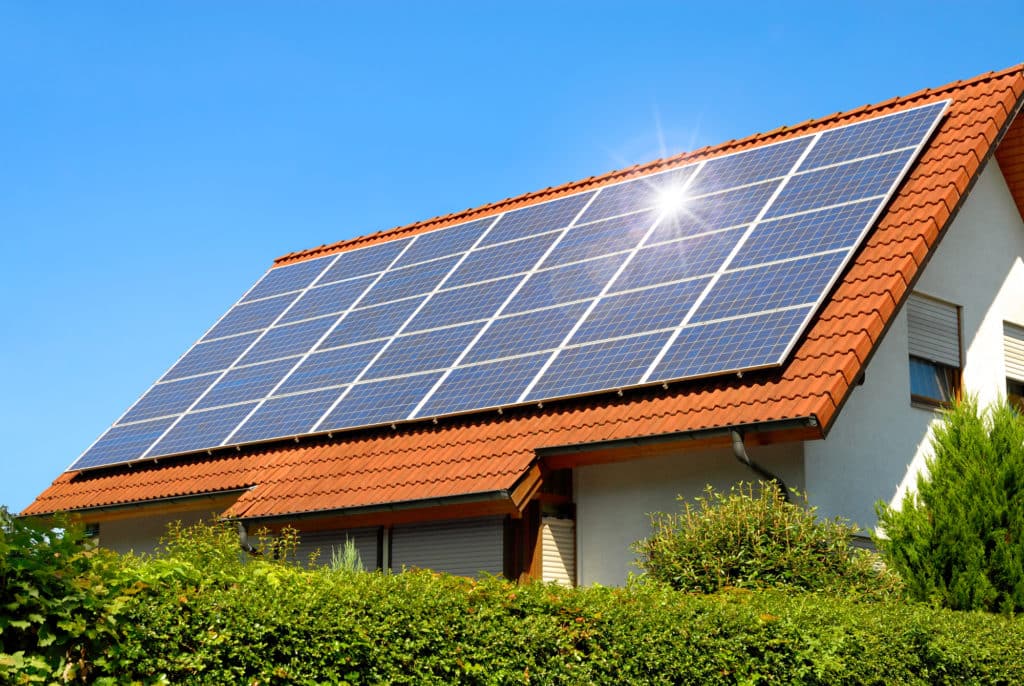
A number of financial incentives are available in France to support the installation of solar panels:
- Photovoltaic self-consumption bonus Photovoltaic self-consumption grant: this grant is intended for installations that consume part of their electricity production.
- Reduced VAT rate Reduced VAT rate: photovoltaic systems with a power output of 3 kWp or less can benefit from a reduced VAT rate of 10%.
- Obligation d'achat Obligation d'achat: this scheme enables private individuals to sell all or part of the electricity they produce at a rate set by law. Feed-in tariffs are revised quarterly.
- 20-year purchase contract 20-year feed-in contracts: contracts for the purchase of electricity produced are drawn up for a period of 20 years, guaranteeing a stable income.
- Tax exemption Exemption from income tax: Grid-connected systems of less than 3 kWp that are not used for business purposes are eligible for exemption from income tax.
To benefit from these subsidies, it is essential to use the services of a qualified company. What's more, the subsidy amounts are determined at the time of the connection request to the grid operator, and only become effective once the plant has been commissioned and the purchase contract signed.
Self-consumption or selling electricity: which solution is more profitable?
The profitability of self-consumption versus sale of electricity depends on a number of factors, but self-consumption with sale of the surplus is often considered the most advantageous solution, particularly for businesses with predominantly daytime consumption. This model makes it possible to significantly reduce electricity bills, while benefiting from government subsidies and additional income from the sale of surplus electricity.
In general, a self-consumption installation with surplus sale is profitable after 10 to 15 years, which is attractive given the panels' lifespan of up to 30 to 40 years. Although total self-consumption can be profitable if the installation is properly sized, it does not generate additional income. On the other hand, selling the entire production may seem attractive, but it doesn't allow you to benefit from the advantages of self-consumption.
Ultimately, the optimal choice will depend on the consumption profile, the size of the installation, feed-in tariffs and available subsidies, but for most situations, self-consumption with sale of the surplus seems to offer the best compromise between reduced energy costs and profitability.
Conclusion
In conclusion, theinstallation of photovoltaic solar panels represents a sustainable and potentially profitable investment, influenced by various factors such as the initial cost, the power of the panels, and your electricity consumption. Although the cost of installation can vary from €5,500 to €30,000, financial assistance, such as the self-consumption bonus, can lighten this investment. The quality of the equipment is crucial to guarantee optimum performance and a long service life.
It's worth noting that installing solar panels can be profitable anywhere in France, but the benefits will be maximized by taking into account local sunshine, available grants, and good financial planning.
To maximize profitability, it's essential to accurately assess your energy needs and choose the right type of panels. Self-consumption with sale of the surplus often proves to be the most advantageous solution, enabling you to reduce your electricity bills while generating additional income. Careful planning and professional advice are essential to making an informed choice, making solar energy accessible and profitable in the long term.
If you're interested ininstalling photovoltaic solar panels, Beev can help you make this energy transition a reality.
If you would like to know more about the charging station tax credit at 2024please consult our article on the subject.
